The WORST episodes of Dragnet
Every episode of Dragnet ever, ranked from worst to best by thousands of votes from fans of the show. The worst episodes of Dragnet!
Dragnet 1967-1970 was the second run of the Dragnet series. It began in January of 1967, and ran to September of 1970. The lead character, Sgt. Joe Friday, was played by Jack Webb, who also directed and produced the series. The show's focus is on two detectives, Sgt. Joe Friday, and Officer Bill Gannon, played by Harry Morgan. The two track down criminals all throughout the city of Los Angeles, California. The original "Dragnet" was the grandfather of ALL of today's police drama shows. This was the first time a cancelled network TV series was successfully revived. In late 1965, Universal and NBC hired Webb to revive "Dragnet" as a made-for-TV movie. This was filmed in early 1966, but didn't air until January 1969. Titled "World Premiere: Dragnet," the well-made film has Friday and Gannon linking the slayings of photographer's models to the disappearance of a war widow, while Gannon prepares to retire.
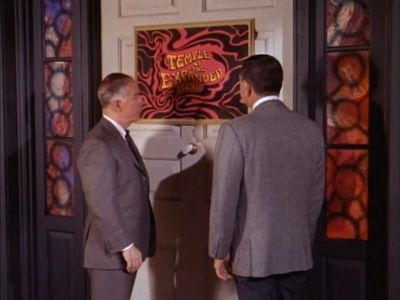
#1 - The Big Prophet
Season 2 - Episode 18 - Aired 1/11/1968
Friday and Gannon are convinced that "Brother" William Bentley's Temple of the Expanded Mind is just a sham - a front for Bentley to sell LSD to the students of a nearby elementary school.
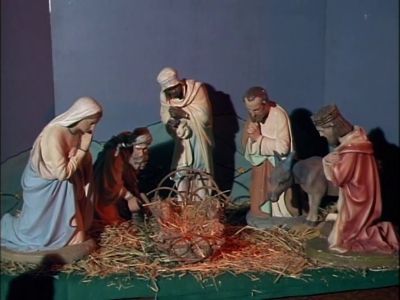
#2 - The Christmas Story
Season 2 - Episode 15 - Aired 12/21/1967
A statue of the child Jesus was stolen from a church. Joe and Bill have to get it back by Christmas. They have less than 48 hours. Briefly appearing in this episode is Barry Williams, best known as Greg Brady on the 1970s sitcom THE BRADY BUNCH.
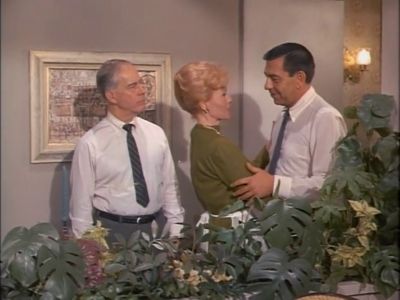
#3 - The Big Neighbor
Season 2 - Episode 5 - Aired 10/12/1967
In this lighthearted, well-written episode, Bill invites Joe to dinner and a football game at his home in Eagle Rock. The only problem: Gannon's neighbors keep interrupting the visit with petty, and not-so-petty, problems.
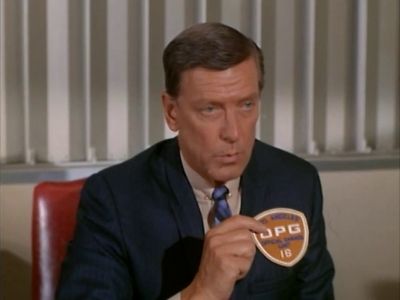
#4 - Police Commission - DR-13
Season 3 - Episode 5 - Aired 10/17/1968
There is a police crackdown on dishonest tow truck operators. Joe and Bill are assigned to investigate 6 complaints against the same tow truck company.
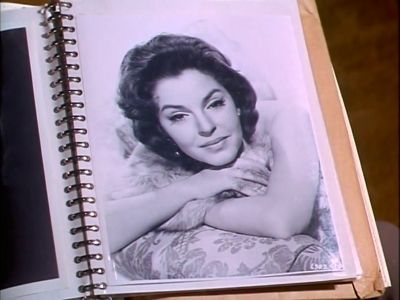
#5 - The Starlet
Season 2 - Episode 20 - Aired 2/1/1968
A teenage runaway, intent on becoming a star, has instead wound up in pornographic films. Acting on behalf of the girl's aunt, Friday and Gannon try to find the young "starlet."
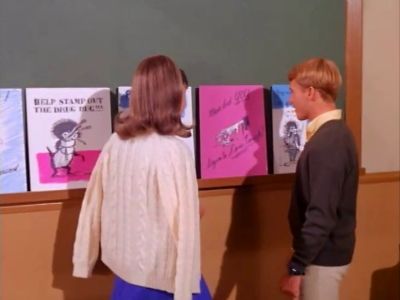
#6 - Narcotics - DR-16
Season 3 - Episode 11 - Aired 12/5/1968
Someone is selling LSD to teens. Joe and Bill are asked to speak to a local High School group that want to form an anti drug club "Smart Teens". They plan to create posters and Joe gets a Disney artist to draw them. But will the kids follow through?
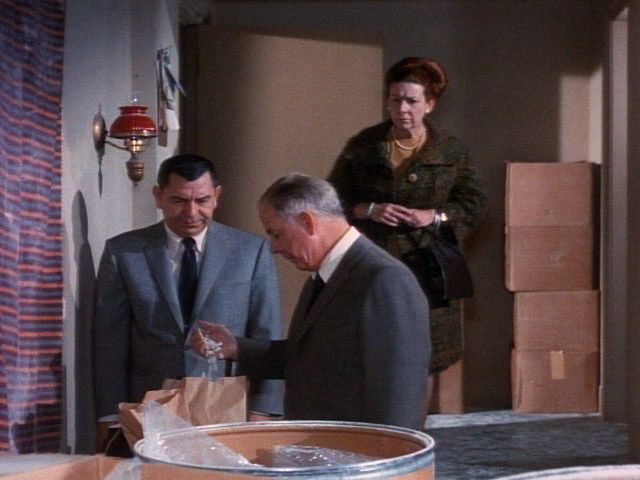
#7 - Narco - Pill Maker
Season 4 - Episode 18 - Aired 2/19/1970
A narcotic called "uppers" is being sold to juveniles. Joe and Bill must find who is making the pills and shut the operation down.
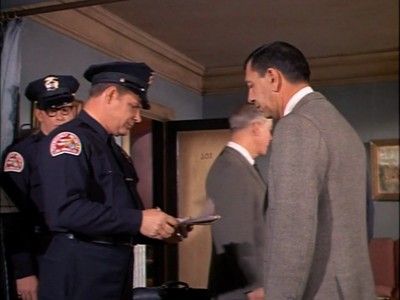
#8 - The Bank Examiner Swindle
Season 1 - Episode 6 - Aired 2/23/1967
Two con men, posing as bank examiners, are bilking the elderly out of their life savings.
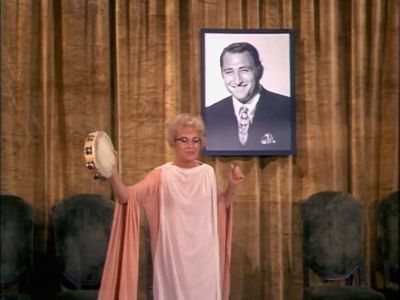
#9 - The Pyramid Swindle
Season 2 - Episode 12 - Aired 11/30/1967
A female con-artist uses an evangelistic approach to lure buyers into her pyramid scheme. The Bunco division can't charge her with false advertising, so they prosecute her for operating a lottery.
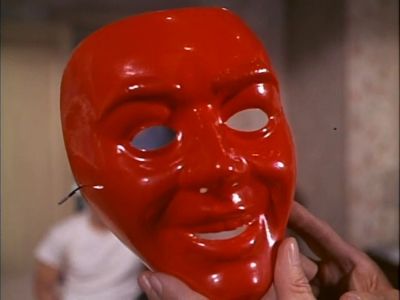
#10 - The Masked Bandits
Season 1 - Episode 5 - Aired 2/16/1967
Four bandits wearing red masks commit a series of robberies.
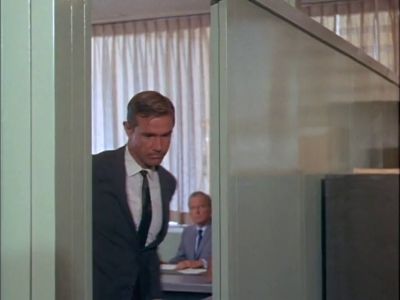
#11 - The Big Frustration
Season 2 - Episode 6 - Aired 10/19/1967
Sgt. Carl Maxwell, a frustrated fellow detective, goes AWOL; Friday and Gannon have three days to track him down before Maxwell loses his badge for good.
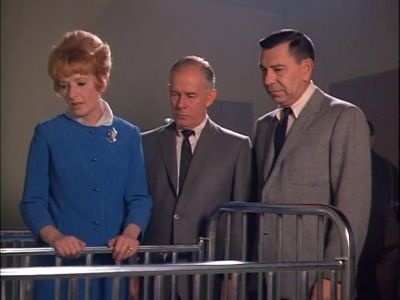
#12 - The Little Victim
Season 2 - Episode 22 - Aired 2/15/1968
When a nine-month old child is beaten, Friday and Gannon investigate the parents, who are more concerned about their failing relationship than their baby son.
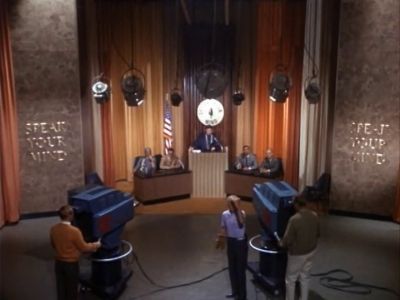
#13 - Public Affairs - DR-07
Season 3 - Episode 1 - Aired 9/19/1968
Joe and Bill appear on the TV talk show "Speak Your Mind" debating the topic "The Police, Who Needs Them?" with a professor and a hippie (played by Howard Hessman, though listed in the credits as Don Sturdy).
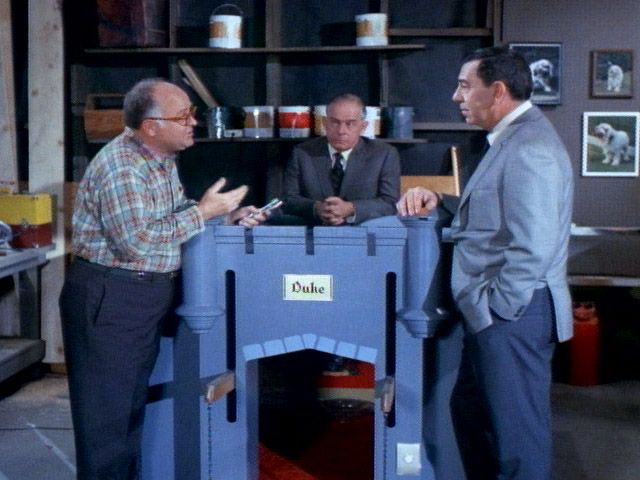
#14 - Burglary - The Dognappers
Season 4 - Episode 19 - Aired 2/26/1970
Dogs are disappearing from cars parked at the El Centro shopping center. Joe and Bill suspect that the dogs are being stolen to get a reward for the dogs return.
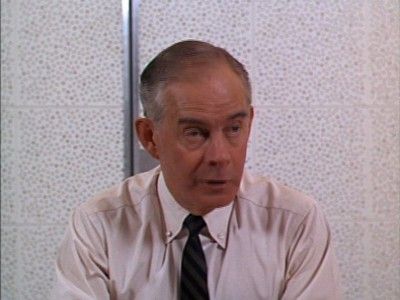
#15 - The Big Explosion
Season 1 - Episode 2 - Aired 1/19/1967
A psychotic neo-Nazi is threatening to blow up the streets of L.A., and it's up to Friday and Gannon to find the bomb before chaos erupts.
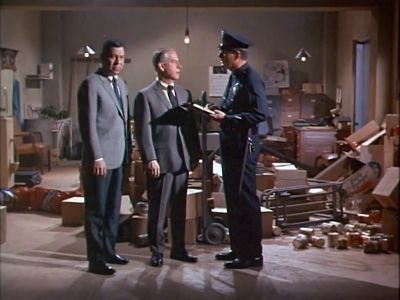
#16 - The Big Departure
Season 2 - Episode 25 - Aired 3/7/1968
Petty theft from drug and hardware stores leads to a group of four teens who are determined to start their own nation on a remote island off the California coast.
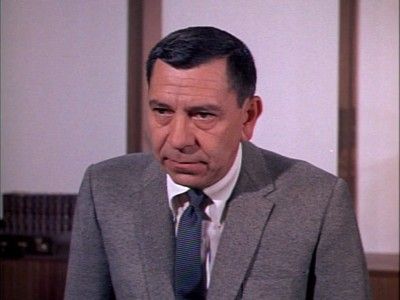
#17 - The Big Kids
Season 1 - Episode 16 - Aired 5/4/1967
A gang of juvenile thieves have been stealing petty items in order to gain membership into an exclusive club.
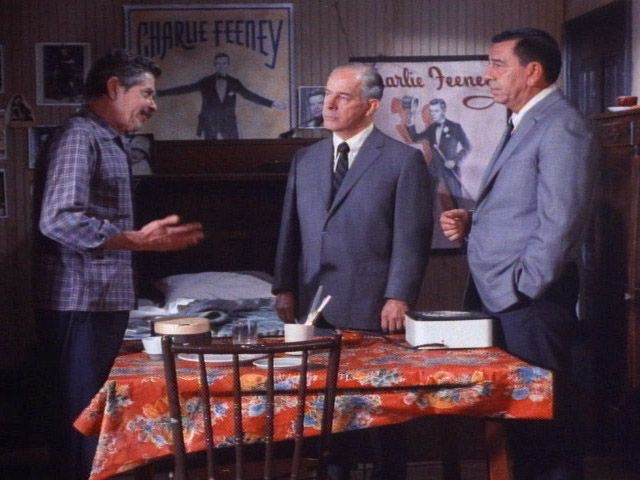
#18 - Bunco - $9,000
Season 4 - Episode 12 - Aired 12/11/1969
Charlie Feeney, a wino police informant, calls Joe and claims he was swindled out of $9,000. The problem is the money wasn't his. Feeney turns the money over to someone claiming to be a private detective whose client is a big Las Vegas gambler. Joe and Bill track down the phony detective and start looking for the rightful owner of the money.
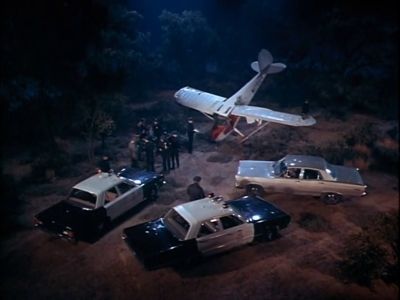
#19 - The Big Shipment
Season 2 - Episode 16 - Aired 12/28/1967
Drugs are found aboard a plane that has crashed in the San Fernando Valley. The pilot is quickly traced, but in order to force him to name his connection, Friday and Gannon ask the press to sit on the story for a few hours.
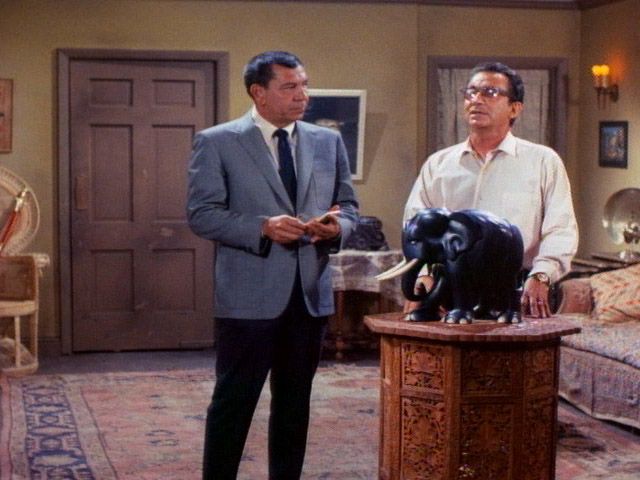
#20 - Homicide - Cigarette Butt
Season 4 - Episode 7 - Aired 10/30/1969
Joe and Bill investigate a dead body found in a rundown apartment building. A half eaten peanut butter sandwich and a knife are found at the scene of the crime. A neighbor says that he saw a man and woman running out of the apartment. The man and woman come back and tell Joe and Bill that it was self defense. Joe looks for evidence that will prove or disproves the alibi.
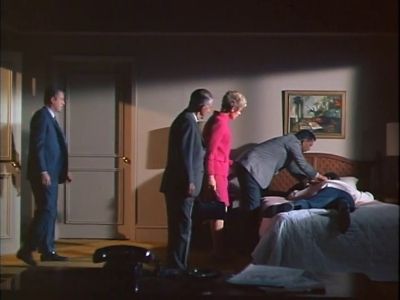
#21 - The Suicide Attempt
Season 2 - Episode 24 - Aired 2/29/1968
Friday and Gannon learn that a young man has called his mother from Hollywood "to say goodbye." With the help of the man's sister, the two detectives trace the impending suicide to a hotel with over 1,200 rooms.
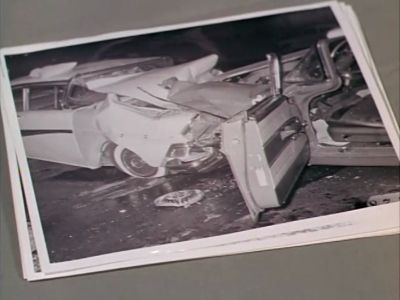
#22 - The Hit-and-Run Driver
Season 1 - Episode 12 - Aired 4/6/1967
Friday and Gannon use newspapers, radio and TV to publicize their clues to the identity of the hit and run driver.
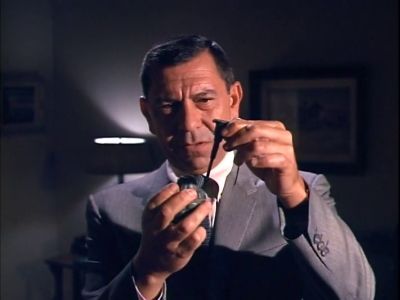
#23 - The Grenade
Season 2 - Episode 1 - Aired 9/14/1967
A surly teenager throws acid on the back of another student (played by a teen-aged Jan Michael Vincent), then crashes a party armed with a live hand grenade.
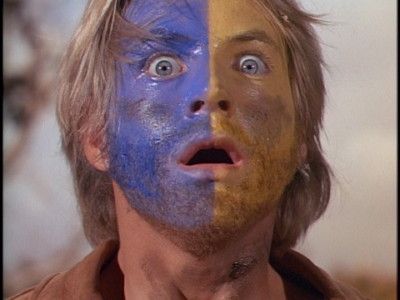
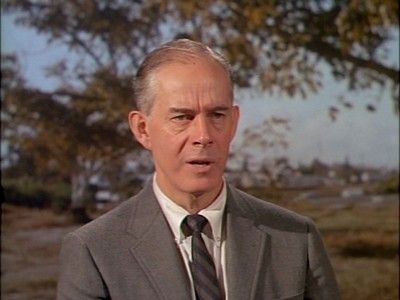
#25 - The Hammer
Season 1 - Episode 7 - Aired 3/2/1967
An elderly apartment manager is found to have been beaten to death with a hammer.